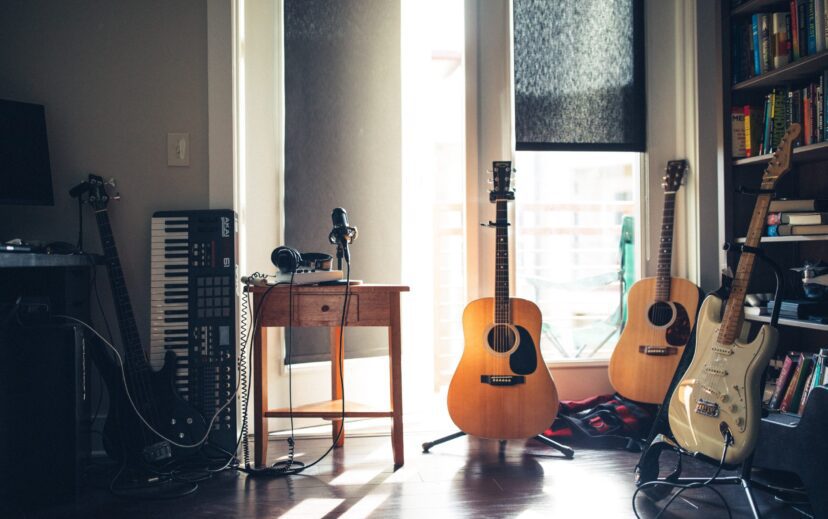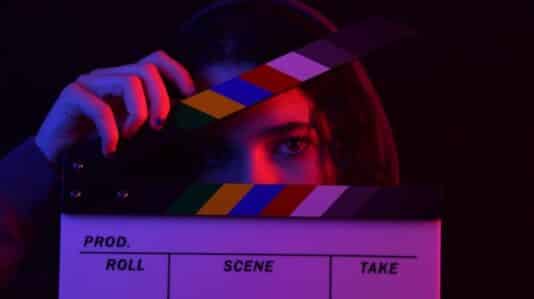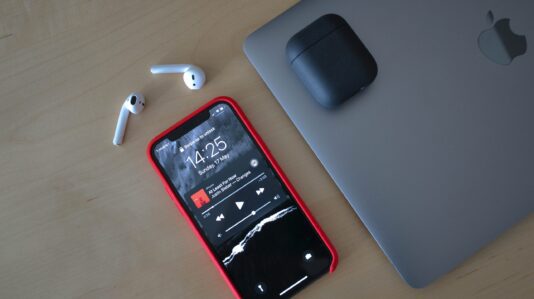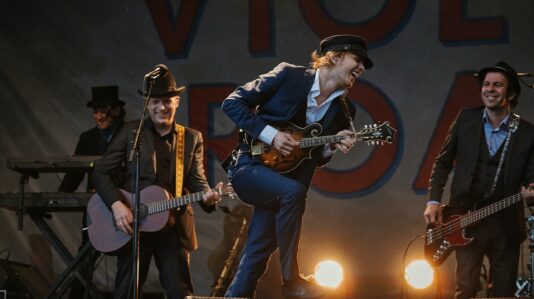Jimi Hendrix’s “All Along the Watchtower,” Aretha Franklin’s “Respect” and The Beatles’ “Twist and Shout” are among the most famous covers to have ever hit the airwaves. Performing another musician’s work is a unique way to pay tribute to an artist while putting your own spin on a song you love. If there is a song that you’ve been thinking about covering, a compulsory mechanical license may necessary.
What is a Compulsory Mechanical License?
Copyright law gives authors exclusive rights over their creations, including the right to reproduce, distribute, perform and make derivatives of the work. Therefore, a license from the rightsholder may be necessary before covering a work that you did not originate.
Any given song that you hear contains two independently copyrighted works. The first copyright is in the musical composition, which embodies the underlying musical work, like the notes and lyrics that appear on sheet music. The second is in the sound recording, which is the recorded performance of that musical composition by any given artist. This means that for every song written, there can be only one underlying musical composition, but there may be potentially unlimited sound recordings of that song’s composition.
Provided you pay the statutory fee and meet the copyright law requirements, a compulsory mechanical license, found in §115 of the Copyright Act, allows you to reproduce and distribute someone else’s composition as a new sound recording. As the name suggests, the license is “compulsory.” The author is compelled to grant the license, so you don’t need to seek their specific permission. Even the fees themselves are not subject to independent negotiation. The statutory fees for this kind of license are set by the Copyright Royalty Board. The statutory compulsory mechanical license fee for physical sound recordings or downloads is the larger of 9.1 cents or 1.75 cents per minute for songs over five minutes. For example, a song between five and six minutes long – even if it is only a second longer than five minutes – would be 10.5 cents.
With a compulsory mechanical license, you can record and distribute your own audio-only versions, embodied in phonorecords, of eligible musical compositions. A composition is eligible once it has been distributed to the public in the United States and its territories under the authority of the copyright owner. The primary purpose of the distribution to the public must be for private use. As long as the basic melody and fundamental character is not changed, the license lets you arrange the composition in a new phonorecord to capture your unique style as a musical artist.
Are There Any Limitations to a Compulsory Mechanical License?
The largest obstacle to obtaining a compulsory mechanical license is that the composition must have been recorded and distributed at least once prior to your new recording; these licenses do not cover the first recording or distribution of a composition. There is one exception to this requirement: in 2018, the Music Modernization Act (or “MMA”) amended the Copyright Act and created a streaming compulsory mechanical license for streaming a recording of a composition. You can get a streaming compulsory mechanical license even if it is the first released recording of that composition.
Additionally, as stated above, you may only distribute your cover to the public for private use. Recording the song for a movie soundtrack would exceed the scope of the license, which is why motion picture companies must negotiate with each copyright owner to use songs in their films. Another limitation is that a compulsory mechanical license is limited to non-dramatic works, meaning the composition cannot be used in an overture to a musical or opera. This limitation also means that this license would not, on its own, permit you to publicly perform the song. Public performance of a composition requires a wholly different license.
While a compulsory mechanical license will allow you to create your own unique arrangement, you may not fundamentally change the character or basic melody. Furthermore, you cannot claim copyright protection in your arrangement as a derivative work.
The compulsory mechanical license only applies to musical compositions and to audio-only recordings of those compositions. If you would like to sample a song or otherwise use a sound recording, a separate license will need to be obtained from the owner of the copyright of that recording. Similarly, if you wish to make an audiovisual work from the composition, like a music video, you will need to negotiate a separate license with the owner.
How Do I Obtain a Compulsory Mechanical License?
Most of the industry’s compulsory mechanical licenses are issued and administered by mechanical rights administrators like the Harry Fox Agency and sometimes directly by the music publishers who own the rights to the composition. To obtain a compulsory mechanical license on your own, you must first serve the copyright owner a timely “Notice of Intention” (NOI) to obtain a compulsory mechanical license, no later than 30 days after making (and before distributing) any phonorecords. You may also serve this notice on the United States Copyright Office if the identity or address of the copyright owner is unknown, but only if the NOI pertains to a non-digital use; after the MMA was put into effect, the Office no longer accepts NOIs for making a digital phonorecord delivery of a musical work, such as in the form of a permanent download, limited download or interactive stream. While the Copyright Office will no longer accept NOIs for digital phonorecords, licensees may still serve those NOIs directly on copyright owners. The Copyright Office does not provide NOI templates. However, the Copyright Office has specified that an NOI must contain:
- the full legal name of the person or entity intending to obtain the license
- the telephone number and the full address of the person or entity intending to obtain the license
- the full legal name of the person or entity expected to be engaged in making and distributing the covers under the license
- the title of the work
- the name of the author or authors of the work, if known
- the copyright owner of the work, if known
- the expected date of initial distribution of recordings already made (if any) or expected to be made
- the name of the principal recording artist or group engaged or expected to be engaged in covering the composition
- the types of phonorecord configurations already made (if any) (i.e., single disk, cassette, reel-to-reel, digital phonorecord delivery)
- if applicable, the catalog numbers and label name used or expected to be used on any recordings already made or expected to be made
- if applicable, the date of any recordings already made
Once the NOI is served, you must then make pay the statutory fee and provide statements of account to the copyright owner if the rightsholder is known.
If the copyright owner is unknown, you are not required to make payments to the Copyright Office, but the monthly and annual statements must still be filed with the Copyright Office.
Do I Have to Obtain a Compulsory Mechanical License?
A compulsory mechanical license is not the only means available to license musical compositions for new recordings. You can contact the copyright owner directly to obtain a mechanical license at a lower rate. However, if the author is unavailable or unwilling to negotiate, a compulsory mechanical license may be the best way to license a composition for this purpose.
Additionally, compulsory mechanical licenses are not the only statutory – or compulsory – licenses pertaining to music that exist within copyright law; other statutory licenses can be found in sections 112, 114, and 118 of the Copyright Act, the latter of which is also compulsory. Additionally, while not statutory, the license granted by a performing rights organization (or “PRO”), like ASCAP or BMI, for the public performance of a musical composition is treated as de facto compulsory, because the consent decrees those PROs operate under require them to issue those licenses upon a satisfactory request, whether they like it or not.
If you are a copyright owner interested in learning more about your rights, or a musician looking to obtain licenses for copyrighted works, contact an experienced attorney discuss your best course of action.





